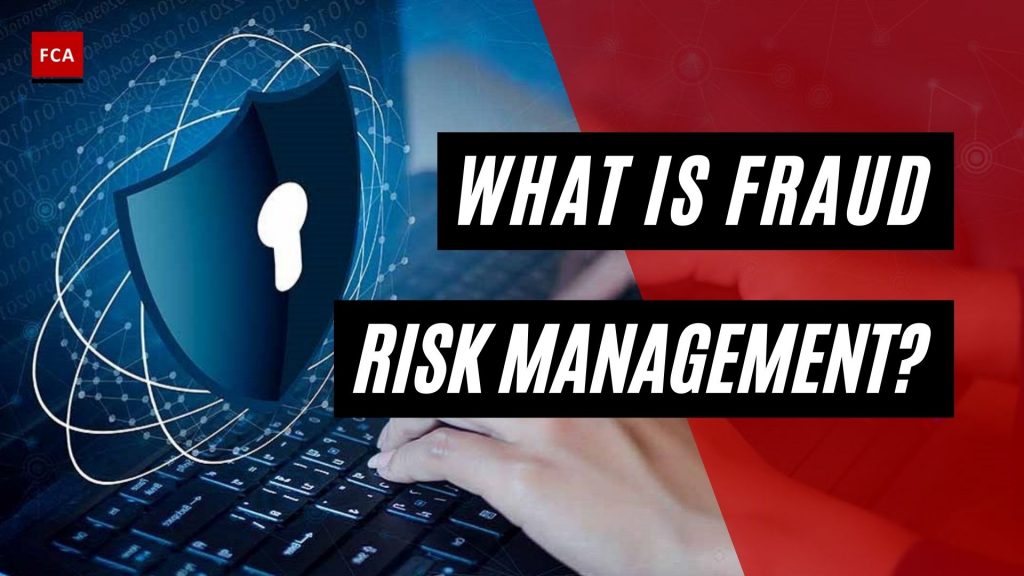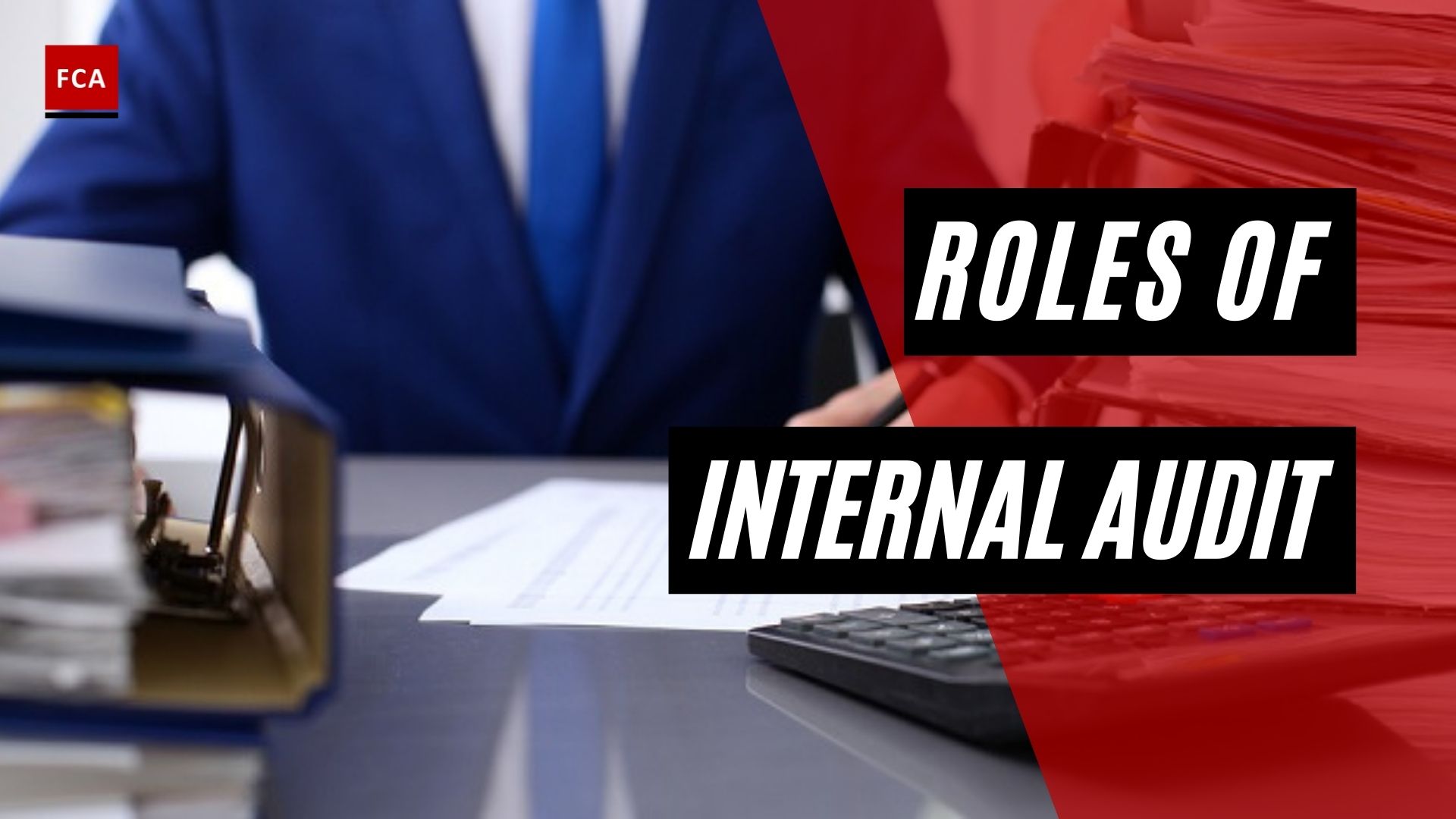What is fraud risk management? Fraud risk management is defined as the process of understanding and managing fraud risks that the organization is certainly exposed to. Fraud and poor governance are serious risks for all organizations. The occurrence of fraud incidents and cases in organizations has resulted in depletion of profits, operating inefficiencies, and reputational losses to the organizations.

What Is Fraud Risk Management?
For an organization, fraud risks are potential incidents and events that could occur and influence the achievement of the organization’s core objectives and goals. Fraud risk management is about understanding the nature of such potential incidents and events and taking appropriate measures to address the threats posed by such potential fraud incidents. Devising fraud risks mitigation strategies are important because fraud incidents negatively hit the different profiles of the organizations, such as financial, operational, and reputational.
Fraud risk management is a progressively important process in many corporate organizations and requires a strong governance structure. A strong governance structure in an organization serves as a line of defense to respond to a string of corporate collapses.
Strong governance means a strong Board of Directors, including executive and non-executive directors from various specialized backgrounds such as finance, audit, risk management, human resources, information technology, and business.
The synergies which Board members bring to the organization enable establishing a tonne from the top, which enables the development and design of policies and processes directed towards achieving corporate objectives and at the same time minimizing the fraud risks incidents. The Board of Directors are reportable to the Shareholders of the organization; therefore, the Board members must ensure that the financial objectives of Shareholders are achieved, and their investments are secured.
Fraud Prevention
Disgruntled employees and external pressures on individuals were among the top ones. Internal controls that were ineffective were also a factor. While one size does not fit all, a comprehensive plan involving key internal functions could go a long way toward preventing and detecting internal fraud.
Aside from the previously mentioned internal audit, the involvement of the Human Resources function is critical in fraud prevention. A strong recruitment stage that includes pre-employment screening is an important detective measure. This would entail verifying that the information provided by a prospective employee is accurate and complete. The results are used to make an informed decision about an applicant’s suitability for a specific vacancy. It can also deter dishonest individuals from applying in the first place, serving as a preventative measure as well.
Fraud Investigation
This can be a very delicate matter when it comes to investigation. While it may be tempting to try to keep embarrassing fraud events hidden, if you are serious about recouping financial losses or seeing the fraudster punished, the involvement of professionals should be seriously considered. The importance of forensic work and evidence gathering cannot be overstated.
Final Thoughts
It is obvious that this is not a problem that will simply ‘go away.’ Organizations must address it strategically and will benefit from being proactive rather than reactive in order to prevent fraud before it occurs. An effective anti-fraud strategy includes elements such as awareness, prevention, detection, and investigation. Its success will be extremely beneficial to any organization.









